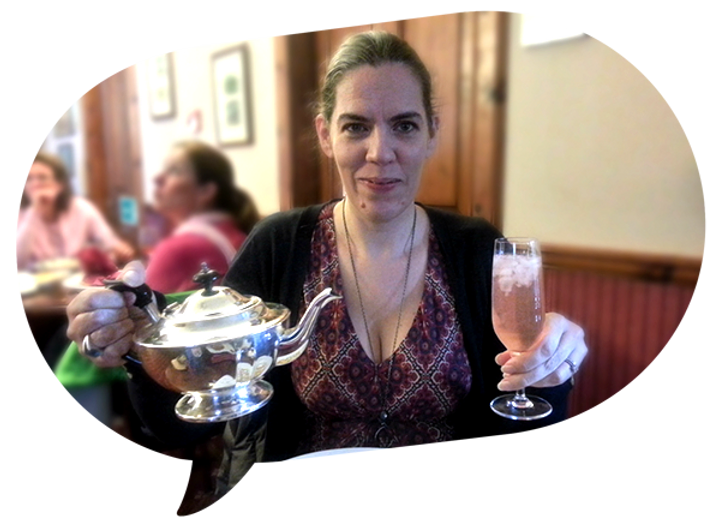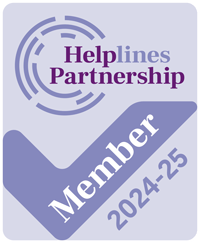I was familiar with haematology departments – my father died from myeloma. His experience stuck with me as I underwent a series of tests, and despite the best effort of the consultant and his team, I was scared.
That fear didn’t go away once I was diagnosed with Waldenstrom’s macroglobulinaemia in June 2018. My initial reaction was ‘what is that?’, quickly followed by ‘how do you say it?’.
Given limited information, I had to do my own research. It didn’t allay my fears. As a 49-year-old woman, I was nothing like the description of the ‘average’ WM patient, and the information I found left me bewildered.
It also left me feeling unsure about the treatment I was receiving at my local hospital. I had no worries about their care – they were hugely supportive and I never had any problems. But if I was so different to the ‘average’ patient of such a rare disease, how did I know I was getting the right treatment?
It was then that I found WMUK, and the Patient-Doctor Summit. The Summit offered 1-2-1s with WM specialists, and speaking with a WM expert was an opportunity I couldn’t miss.
We were both nervous about attending the Summit and speaking to the consultant, but everyone was very welcoming. The consultant was so friendly and explained things really clearly. During the day, we also had the opportunity to chat with other people in the WM community, including Bob Perry – now WMUK’s Patient Support Manager – who explained the process of getting a second opinion.
I hadn’t realised this was an option for me – I could ask my current consultant to refer me to a WM expert? With this newfound information, I returned home feeling more reassured and confident than I had done since my diagnosis.
“Getting a second opinion gave me reassurance that I was on the right path, and renewed confidence.”
Getting a second opinion was nerve-wracking. I have to say that the initial reaction from my local team wasn’t great, but when I explained that it wasn’t because I thought they had done anything wrong and that I was really grateful for their care, the conversation went far more smoothly.
I had my first consultation with the WM expert at the end of 2019. I was on the cusp of needing treatment, and we went over my options. I left with a plan and to my upmost relief, it matched exactly what my local team recommended.
Getting a second opinion didn’t change my treatment in anyway, but speaking to someone who is a recognised expert in the field gave me reassurance that I was on the right path, and it gave me renewed confidence in my local haematology department.
These days, I am treated at my local hospital, with recommendations from the WM expert. It’s brilliant to know that I am in capable hands.
My advice to anyone who is looking at getting a second opinion is to make sure that you’re doing what is best for you. Most doctors are very happy to refer you on, but some conversations might be more difficult or awkward. Make sure you know your reasons why you’re making this decision, and try not to worry about causing offence, or what your current consultant might think – after all it’s not about them, it’s about you.
If you’re worried that you’re not under a WM specialist or have concerns about the treatment you’re on, getting a second opinion can be an empowering step. It has certainly helped me to better understand my condition and given me the reassurance that I was seeking.







